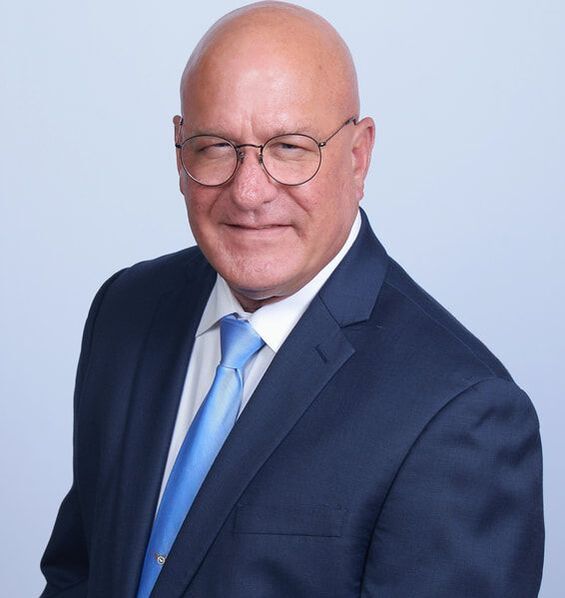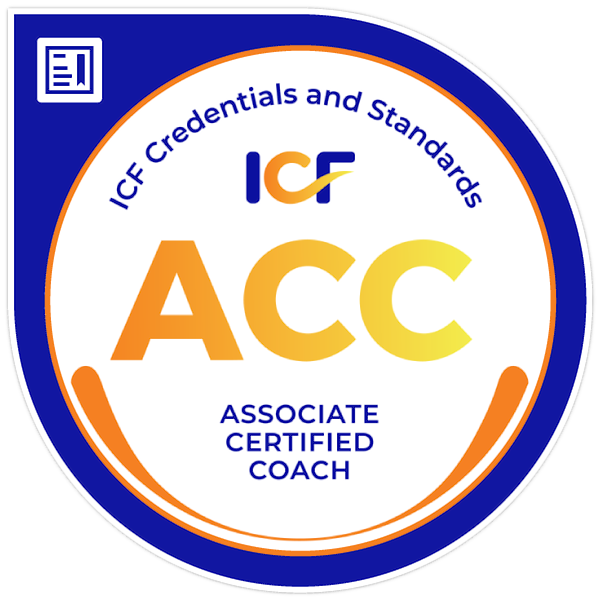Leader development strategies in organizations that are products of the same zombie ideas carrying high expectations coupled with the pressure to sort out everyday problems may provide no constructive avenue for leader development either. TATIANA BACHKIROVA & PETER JACKSON Oxford Brookes Business School  Understanding 'Zombie Leadership' In a recent groundbreaking paper titled, Zombie leadership: Dead ideas that still walk among us, researchers from Australia, Sweden, and the UK shed light on a concept that's quietly infiltrated many organizations: Zombie leadership. Drawing on a similar concept from economics research, these are leadership concepts upheld not by evidence or critical analysis, but by groups pushing their own agendas. As the authors aptly put it, controlling the narrative of leadership means controlling power dynamics within organizations and society. Some of these zombie leadership ideas include:
These misconceptions often seep into leadership training programs, hindering genuine development and perpetuating unrealistic standards. And a great deal of dominant leadership theories that are relied upon for training are about heroic leaders and relatively passive masses—definitely a zombie idea. In addition, these theories are abstract and difficult to put into practice. They also set up an ideal standard so high, that it challenges actual leaders to strive for that ideal image and performance that can cause one to lose confidence and feel frustrated and secretly defeated. The researchers go into depth exploring the eight "axioms" of zombie leadership that they identify and the threats they each pose. They said, "The threat posed by zombie leadership is manifold and it contributes to the creation of a deeply unequal world... " What do leaders really want and need? Recognizing the shortcomings of zombie leadership, researchers at Oxford Brookes Business School delved into what leaders genuinely require to tackle challenges and grow. Their study, What do leaders really want to learn in a workplace? A study of the shifting agendas of leadership coaching, dissected the interplay between external and internal factors shaping leaders' learning needs. They recognized that "Leader development strategies in organizations that are products of the same zombie ideas carrying high expectations coupled with the pressure to sort out everyday problems may provide no constructive avenue for leader development either." By analyzing coaching sessions over time, the researchers identified a spectrum of topics reflecting leaders' evolving needs. They examined how both outside factors (leaders' environments) and personal (or internal motivations and mechanisms) come together to impact leaders' experience and learning needs at work. They asked coaches in long-term coaching relationships with leaders ( six months to one year) to document coaching themes and time-tagged them at three points in the coaching relationship: Beginning, middle, and end. This allowed them to create a taxonomy of coaching topics that represented the intersection between the clients' external and internal demands that create their experiences. Coaching topics are what the client brings to the coaching session to focus on in order to grow, develop, and strategize action plans with the purpose of achieving goals and meeting developmental needs. This strategy allowed them to not only identify what leaders wanted to learn but also when these topics typically came up for leaders throughout the coaching relationship. What leaders really want Forty topics emerged that were grouped into eight categories.
Key take-aways
Conclusion In a landscape littered with zombie leadership ideas, it's imperative to shift focus towards authentic leader development. By acknowledging leaders' multifaceted needs and providing tailored support, organizations can foster environments where leaders thrive and grow, transcending the limitations of outdated paradigms. Have an amazing journey today! Alan Mikolaj is a seasoned coach and leadership development consultant with nearly 20 years of experience. He is passionate about helping leaders transform their leadership, their teams, and their organizations. He has an impactful, professional approach driven by a passion for meaning and purpose, a growth mindset, and a commitment to excellence and service in order to drive change and results. Alan holds his Master of Arts in Clinical Psychology and Associate Certified Coach credential with the International Coaching Federation (ICF) and maintains their ethics and standards of behavior, including the standards regarding confidentiality. You can learn more about them on the ICF website. Transformational change starts with a conversation! Alan is on a mission to partner with like-minded leaders who want to make a positive difference in the world. Schedule your free, one-hour session by clicking here: Discovery Conversation with Alan Or call or email: Contact Page
0 Comments
Leave a Reply. |
Alan Mikolaj
Alan Mikolaj is a a professional, experienced, positive, and passionate speaker, leadership and organizational development consultant, change agent, author, and coach. He holds his Master of Arts degree in Clinical Psychology from Sam Houston State University. He is a certified graduate coach from Coaching Out of the Box and holds his ACC and membership with the International Coaching Federation (ICF). Free Discovery Conversation!
Impactful change starts with a conversation! Schedule your free, one-hour session by clicking here: Discovery Conversation with Alan
Or call or email: Contact Page In his third book, A Travel Guide to Leadership, Alan offers you simple, fundamental, and powerful lessons that have the power to transform you, your relationships, and your career.

Blog Archives
July 2024

Linked2Leadership
Ranked #1 Business Blog! |
|
CONTACT
TEL: 346-291-0216 EMAIL: [email protected] SCHEDULE TIME WITH ALAN Free Discovery Conversation with Alan |









